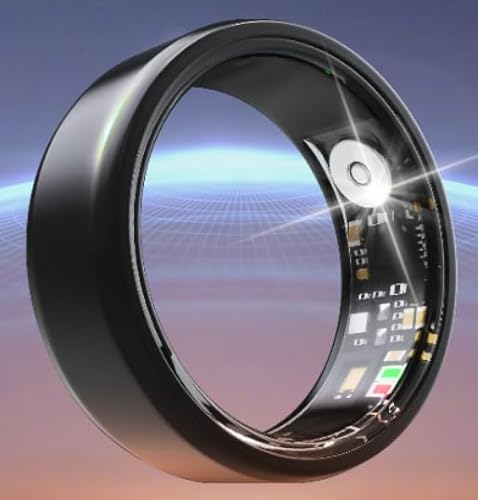PJmomrunner
Well-known member
I read this a couple nights ago:
"A bold new way of thinking has taken the medical establishment by storm in the past decade: the idea that decisions in medical care should be based on the latest and best knowledge of what actually works...." Many good doctors are a part of the "growing number of physicians joining the movement..." and they are "committed to identifying, disseminating, and, most importantly, applying research that is soundly conducted and clinically relevant. If all this sounds laughable to you--after all, what else besides evidence would guide medical decisions?--then you are woefully naive about how doctors have traditionally applied their trade. Yes, the research is out there--thousands of studies are conducted on medical practices and products every year. Unfortunately, physicians don't use much of it. Recent studies show that only about 15% of their decisions are evidence based. For the most part, here's what doctors rely on instead: obsolete knowledge gained in school, long-standing but never proven traditions, patterns gleaned from experience, the methods they believe in and are most skilled in applying, and information from hordes of vendors with products and services to sell."
(Written by Jeffrey Pfeffer, Thomas D. Dee II Professor of Organizational Behavior at Stanford Graduate School of Business as printed in the Jan. 2006 issue of the Harvard Business Review.)
"A bold new way of thinking has taken the medical establishment by storm in the past decade: the idea that decisions in medical care should be based on the latest and best knowledge of what actually works...." Many good doctors are a part of the "growing number of physicians joining the movement..." and they are "committed to identifying, disseminating, and, most importantly, applying research that is soundly conducted and clinically relevant. If all this sounds laughable to you--after all, what else besides evidence would guide medical decisions?--then you are woefully naive about how doctors have traditionally applied their trade. Yes, the research is out there--thousands of studies are conducted on medical practices and products every year. Unfortunately, physicians don't use much of it. Recent studies show that only about 15% of their decisions are evidence based. For the most part, here's what doctors rely on instead: obsolete knowledge gained in school, long-standing but never proven traditions, patterns gleaned from experience, the methods they believe in and are most skilled in applying, and information from hordes of vendors with products and services to sell."
(Written by Jeffrey Pfeffer, Thomas D. Dee II Professor of Organizational Behavior at Stanford Graduate School of Business as printed in the Jan. 2006 issue of the Harvard Business Review.)






















